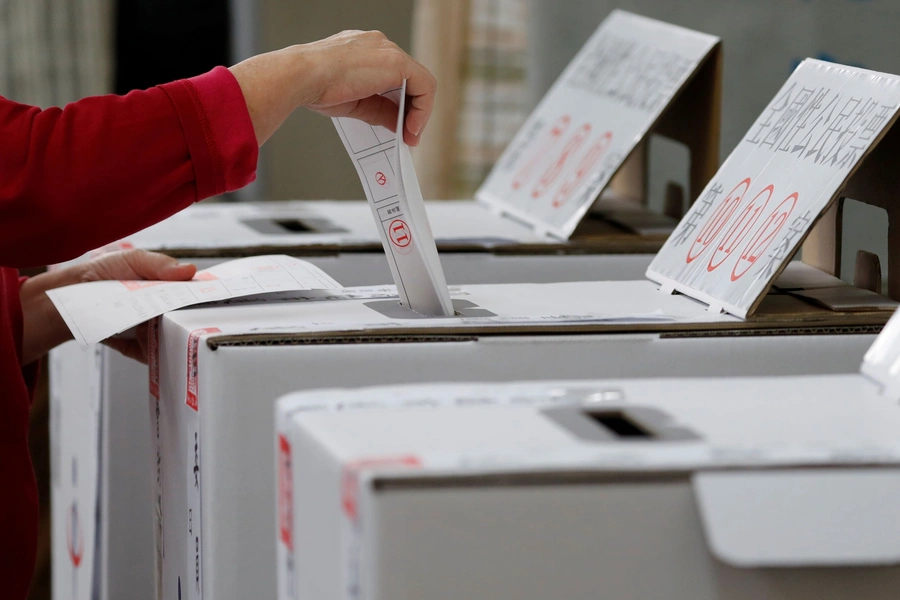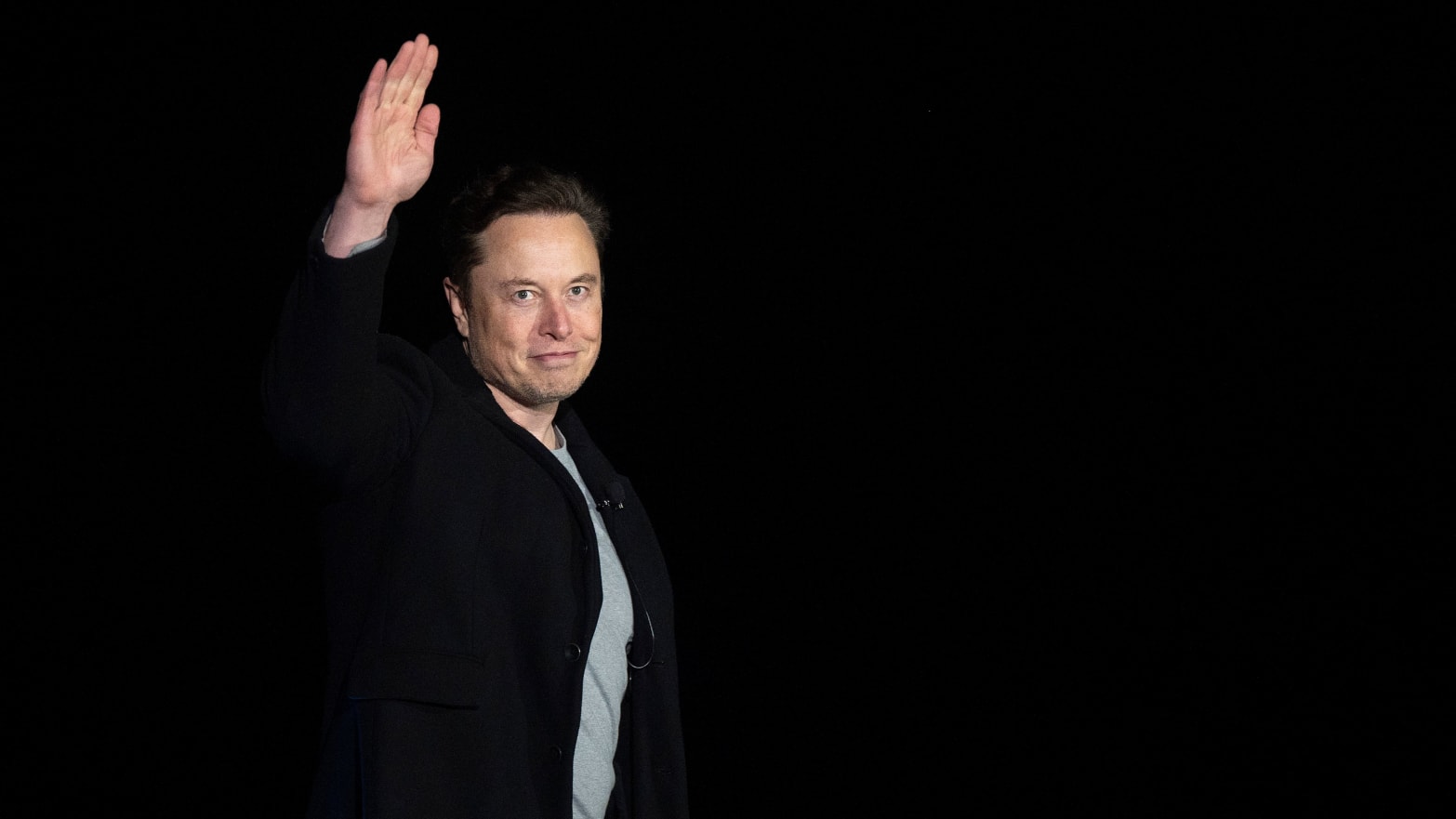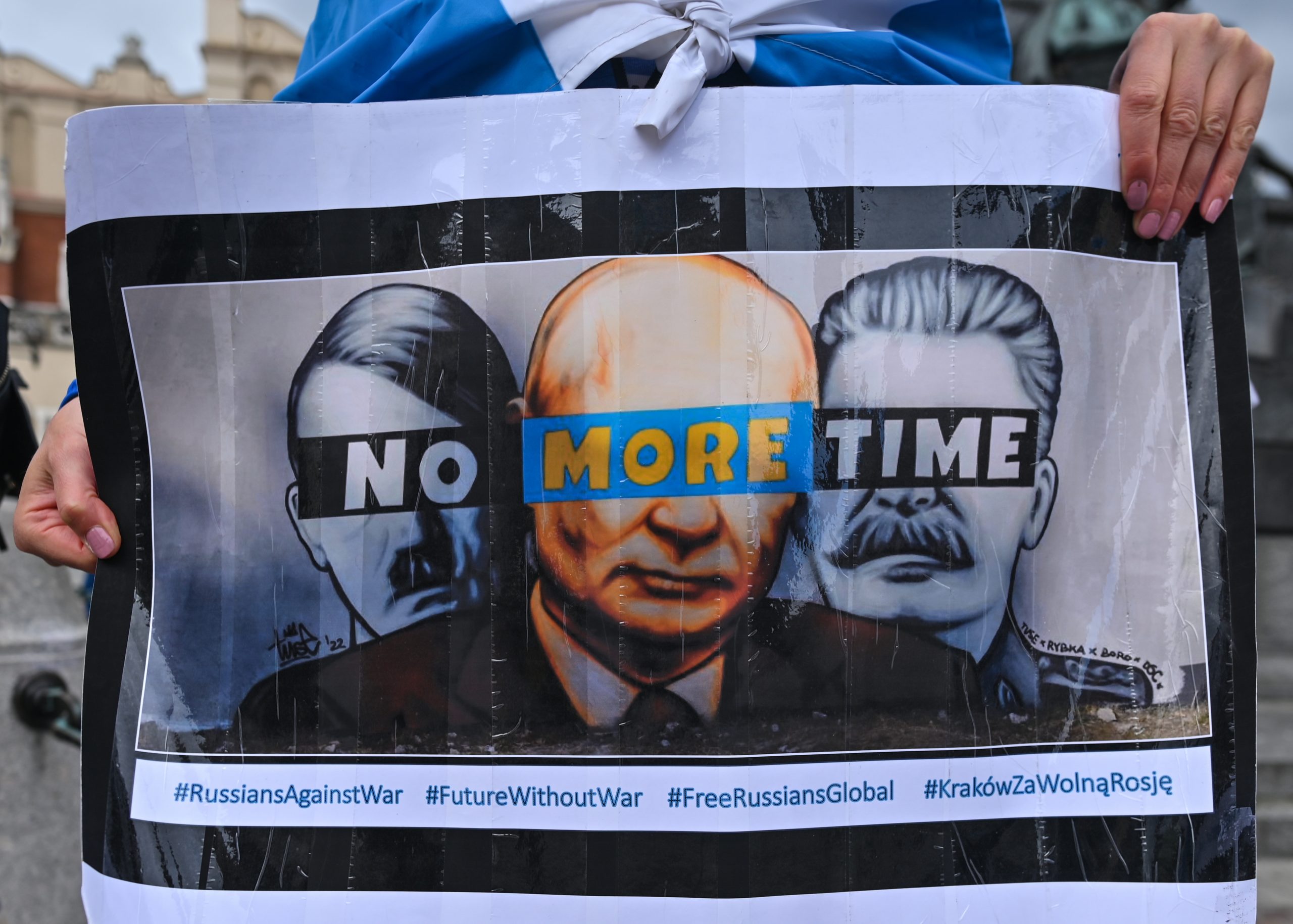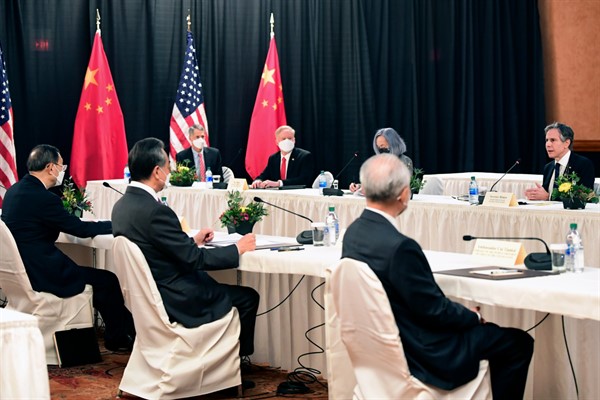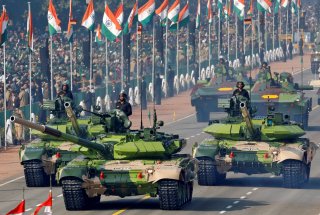Christopher Bronk, Gabriel Collins, Dan Wallach
Introduction
 The Ukraine war is in its seventh month.[1] At the outset of hostilities, many figured that Moscow’s bold gamble to storm Ukraine by force and seize the country’s capital would succeed as similar operations did in Hungary (1956), Czechoslovakia (1968), and Afghanistan (1979). Before the invasion commenced, it was hard to predict how effectively Ukraine’s military would fight. That will to fight answers a great information question of warfare. Once the shooting started, we learned that Ukraine’s military was indeed motivated and fought well. With a form of stalemate now in place, we believe it is wise to consider less tangible forms of action that have occurred and how they may shape future fighting. There have been some real surprises in this war, not least in our areas of expertise—cyber and information operations. An accounting of both is provided here, as well as how information and cyber action may influence the outcome of this war, whether it ends in a negotiated settlement, capitulation, or collapse.
The Ukraine war is in its seventh month.[1] At the outset of hostilities, many figured that Moscow’s bold gamble to storm Ukraine by force and seize the country’s capital would succeed as similar operations did in Hungary (1956), Czechoslovakia (1968), and Afghanistan (1979). Before the invasion commenced, it was hard to predict how effectively Ukraine’s military would fight. That will to fight answers a great information question of warfare. Once the shooting started, we learned that Ukraine’s military was indeed motivated and fought well. With a form of stalemate now in place, we believe it is wise to consider less tangible forms of action that have occurred and how they may shape future fighting. There have been some real surprises in this war, not least in our areas of expertise—cyber and information operations. An accounting of both is provided here, as well as how information and cyber action may influence the outcome of this war, whether it ends in a negotiated settlement, capitulation, or collapse.Our thinking about the unexpected turns of the Ukraine war has yielded observations that cover communications, logistics, operational art, and a variety of other topics. Many, if not most, of these involve information and computation. From propaganda to air defense, this war is one in which the proliferation of computation and information technologies has produced a battlefield environment far different from earlier conventional engagements of the post-Cold War period. There are many issues we wish to cover, although some more briefly than others, because we are unaware of the classified operations undertaken by the belligerents and their supporters. We receive hints—say of information sharing by the U.S. (Harris and Lamothe 2022) or supportive cyber action by the Chinese (Milmo 2022)—in the public record, but these anecdotes suggest that there will be some interesting reads months or years down the road as more information is revealed.

